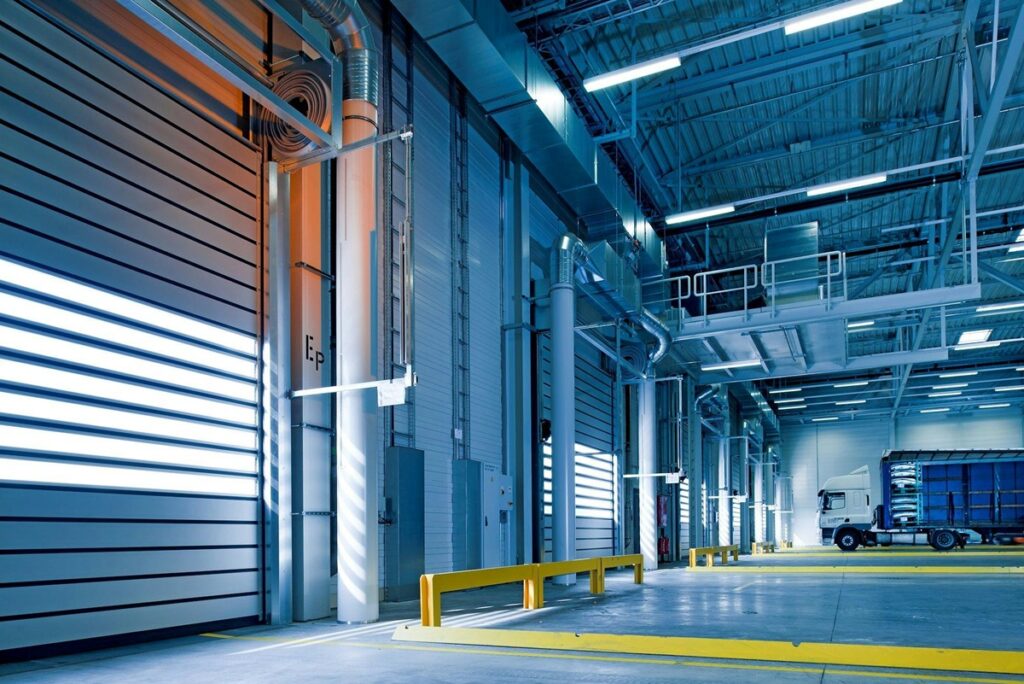Photo form pexels
Modern industrial innovation is mostly based on precision manufacturing, which drastically changes the scene of production and operational effectiveness. Automation, data analytics, and artificial intelligence technologies, all of which contribute to the simplification of procedures and the improvement of product quality, are driving this transition. Precision manufacturing ensures that products meet, if not exceed, customer and industry standards, allowing businesses to meet their ever-increasing demands.
- The Role of Advanced Technologies
Integration of sophisticated technology is one of the main forces behind the production change. One of the essential components is automation, which lets factories run with low human involvement while keeping great degrees of accuracy. Robotic and automated technologies enable the accurate manufacturing of difficult components and parts. By lowering human mistakes, these technologies help to prevent commonly occurring flaws and inconsistencies. Tighter tolerances and improved product quality as a result of manufacturers’ ability to accomplish these targets will assist to reduce production costs and waste on their own. This shift toward automation is a deliberate response to the problems of global competition and customer expectations for more efficient manufacturing cycles, not a passing fad.
- The Impact of Data Analytics
The contribution of data analytics in precise manufacturing cannot be emphasized. Real-time data gathering and analysis lets manufacturers swiftly make choices and continually monitor operations. Advanced analytics helps businesses to aggressively maximize their operations by spotting trends and anomalies in output. Using data helps manufacturers forecast maintenance requirements, save downtime, and improve general performance. Maintaining competitiveness in a field increasingly dependent on technology and accuracy necessitates this data-driven strategy. Information that is gathered from data can also serve as a catalyst for innovation by enabling organizations to investigate new materials and processes that were previously inaccessible.
- Collaborative Ecosystems
The future of precision manufacturing also depends on cooperation and integration among several participants in the production ecosystem. Manufacturers, suppliers, and technology companies working together create a harmonic atmosphere where innovation can bloom. Through resource and knowledge exchange, these organizations can create innovative ideas addressing the challenging issues of contemporary production. A specialist firm can provide custom sheet metal stamping services tailored to specific industrial requirements, resulting in improved product performance and usefulness. This cooperative method ensures producers’ capacity to remain adaptable and responsive to market requirements, allowing for swift adaptation to new technologies and ideas.
- Evolving Workforce Skills
To make matters worse, the workforce in precise manufacturing is evolving in tandem with technology. The skill set required in the field is developing as digital technology and automation become more ubiquitous. Workers are required more and more to combine technical proficiency with problem-solving capacity. Training courses and ongoing education are crucial to provide the workforce with the tools it needs to flourish in these new surroundings. Stressing STEM education and vocational training guarantees that people can participate successfully in processes of precision manufacture. This development not only improves workforce capacity but also stimulates creativity as a well-trained staff is more suited to investigate novel ideas and approaches.
- Globalization and Competition
The globalization of industry has emphasized the necessity of accuracy. Businesses today operate in a global market where expectations for quality are shared everywhere, and competition is intense. By guaranteeing that goods satisfy client needs and international standards, precision manufacturing helps companies to compete worldwide. Customers who are looking for items that provide dependability and performance more and more find brand loyalty and trust developed by this emphasis on quality and consistency. Delivering high-quality products consistently becomes a major competitive advantage as enterprises enter new industries.
Conclusion
The future of industrial solutions is being shaped, most importantly, by precision manufacturing. Manufacturers can improve their operational efficiency and product quality by embracing innovative technology, employing data analytics, and giving sustainability a priority. The cooperative character of the industrial ecosystem stimulates creativity and helps to create customized solutions fit for a worldwide market. The need for qualified staff and the integration of smart technology will always be a top priority as the sector develops. By means of these group initiatives, precise manufacturing will not only redefine production criteria but also open the path for a more competitive and environmentally friendly industrial scene.

